The Spanish citrus season is off to a good start this year. Even though there’s still quite a bit of overseas volume on the Belgian market. There’s far less uncertainty about this year’s harvested volumes too. And about 25% more Spanish citrus is expected than last season.
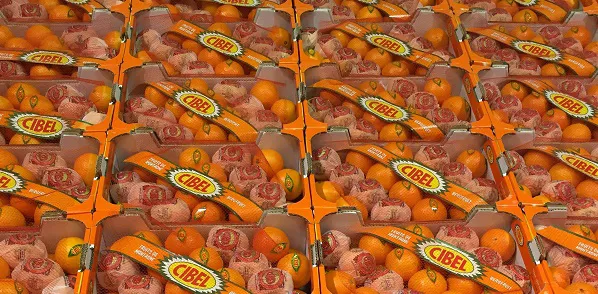
According to Alexander van Orshaegen of Group A. De Witte, the market situation is favorable. “We got off to an excellent start this year. There’s a lot of demand. That’s despite there being quite a lot of South African product on the market. That was at the beginning of November. The oranges from South Africa are still of excellent quality. But the first Spanish Navelinas are now also starting to trickle in at Central Fruit. This autumn, Central Fruit is the place for leaf clementines and Satsuma mandarins. Unlike last year, Spanish citrus had an excellent growing season.”
Coronavirus
“Citrus has been a popular product for many years. It has become a staple in shopper’s baskets. However, this year, the coronavirus has added to its popularity. Citrus and health go hand in hand, which has positively affected sales. Yet, the virus also poses many challenges too. Imports from South Africa have become a lot tougher."
"That's due to border situations outside of Europe. But the measures put in place also made working in sorting and packing houses a lot more difficult. We don’t expect any further problems for the Spanish citrus fruit season, though. There are enough workers in Spain to pick and process the fruit,” continues Alexander.
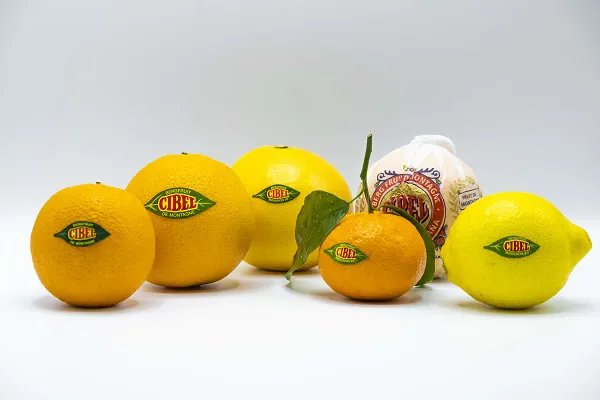
Cibel
Group A. De Witte’s house brand is called Cibel. It's gained a strong position in recent years and has won its place on the market. “We’ve been working on a broad, high-quality product range for years, with a focus on availability. We’ve been well-known for this in the sector for a while now."
"In recent years, we’ve become better-known among consumers too. People often link the Cibel brand to health and sport. We’ve not only been a loyal Wout Van Aert partner for years. We also often provide fruit and vegetable support at events. This association with sport is a great boost for Cibel’s image,” says Van Orshaegen.
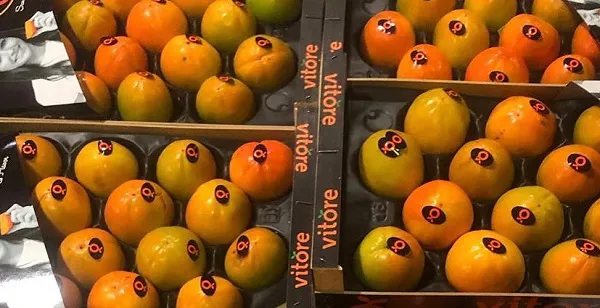
Kakis
“The kaki season has also started again. This product is becoming more popular. But, it’s not yet all that well-known among Belgians. Van Dijk Foods Belgium is very committed to this product. And that attention is translating into sales. The current supply is, however, slightly greater than demand. But, sales figures are slowly climbing. It’s not only its familiarity that’s an issue. Kakis’ variable quality and availability are also challenges. If we can tackle these problems, I think kakis are certain to have a bright future in Belgium as well.”
Organic products are gaining popularity. However, despite that, Group A. De Witte’s organic citrus offer remains limited. According to Alexander, organic citrus is still a complicated story. “There’s a minimal supply of organic citrus. That makes it tough to offer the product all year round. The demand for organic citrus is lagging somewhat too. That means we’ll not be offering it for now. However, never say never. We haven’t ruled out the possibility of including organic citrus in our range in the future. We expect the supply to increase then,” says Alexander.
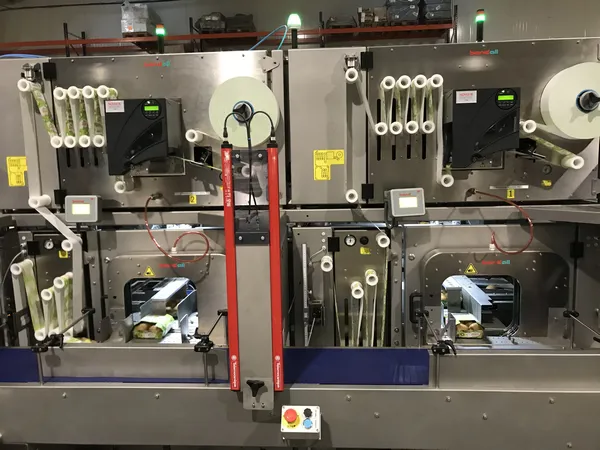
Banding machine
Starpack is Group A. De Witte’s packaging company. It recently purchased two new banding machines. “One of the biggest advantages of banded packaging is that the packaging is made entirely of cardboard, making it 100% recyclable,” says Alexander. “Another major advantage is the product’s visibility. The band seals the packaging securely, keeping the product in place and well protected. But people can still see the product.”
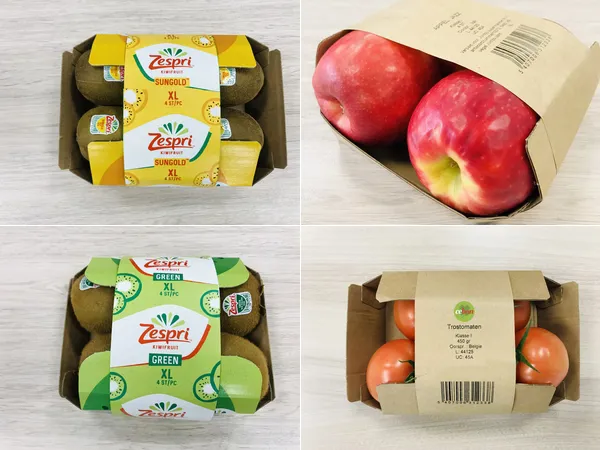
The banding machine is fully automated and automatically determines how taut the band around the trays must be. “This is a vital function when packing fruit," explains Alexander. "The fruit remains firmly in the packaging but isn’t damaged. We can use this new packaging for many different products if they’re within standard size and weight limits."
"At the moment, there are a few types of fruit we most commonly package in this way. These are kiwis, limes, passion fruit, stone fruit, tomatoes, and top fruit. The possibilities are endless as long as the products fit in the tray. We’ve already received many positive reactions from our clients. And we certainly see a good future for this packaging method.”
“Last year, we invested in a clamshell machine for packaging passion fruit. This packaging is also made entirely of cardboard. The addition of these banding machines continues this trend. We want to work sustainably and for a better environment. We’ll continue to pursue this ambition in our brands. For many people, health is currently their top priority. Sustainability has, therefore, been pushed a bit into the background. Yet, the trend towards environmentally friendly, sustainable packaging continues. That’s why we’ll certainly do our bit,” Alexander concludes.
Voor meer informatie: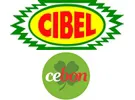 Alexander Van Orshaegen
Alexander Van Orshaegen
alexander@groupadw.be
Group A. De Witte
Hoveniersstraat 15
2860 Sint-Katelijne-Waver
+32(0) 15 55 34 58
www.groupadw.be
Central Fruit: William@centralfruit.be
Van Dijk Foods: Henk@vdfb.be
Starfruit Company: erwin@starfruit.be
